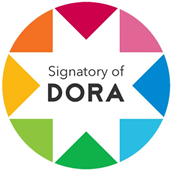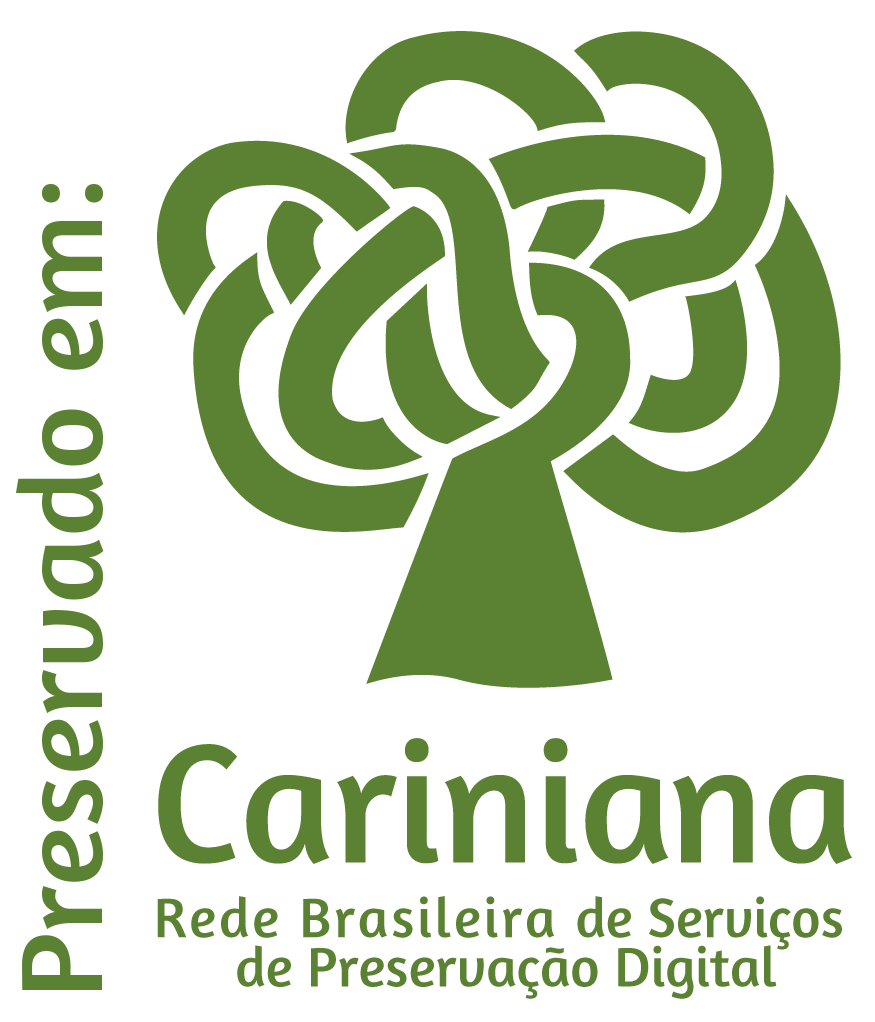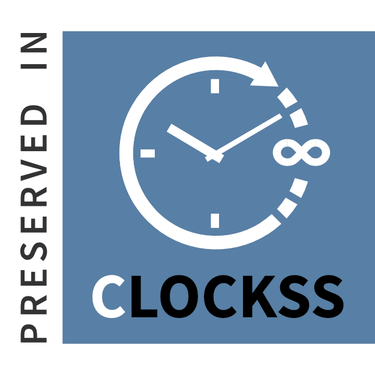The formation of operative groups and their influence on de learning processin the electricity laboratory
DOI:
https://doi.org/10.31417/educitec.v4i08.497Keywords:
Meaningful learning, Team work, LaboratoryAbstract
The aim of this paper is to present how the formation of groups contributes for the learning process, taking into account the prior knowledge and considering the accomplishment of practical activities in electricity lab. Some specific theoretical references were considered as a fundamental basis. David Ausubel's The Meaningful Learning Theory (1980) was used as the main source to identify students' prior knowledge, called by Ausubel as subsumption, and how the teacher's identification of the student's prior knowledge can aid in the learning process. Also relating to the query of the formation of groups, the Pichon-Rivière’s theory of operative groups (2009) was used to deal with group formation issues, considering affinity and collaboration among group members. This research evidenced that there was greater cooperation and collaboration in the final goal of the task accomplishment by groups formed by homogeneity in relation to previous knowledge. Taking into account the prior knowledge, only in two groups of heterogeneous groups there was collaboration, the others developed the activities without cooperation, seeking only the conclusion of the activity itself, without observing the learning process of the group as a whole.
Downloads
Metrics
References
AUSUBEL, David P., NOVAK, Joseph D., HANESIAN, Helen. Psicologia Educacional. 2. ed. Rio de Janeiro: Interamericana, 1980.
BARBOSA, Laura Monte Serrat. Psicopedagogia e o momento do aprender. São José dos Campos: Pulso, 2006.
BARROS, Marcelo Alves, VILLANI, Alberto. A dinâmica de grupos de aprendizagem de física no ensino médio: um enfoque psicanalítico. Revista Investigações em Ensino de Ciências, v. 9, n. 2, p. 115-136, 2004. Disponível em: <http://www.if.ufrgs.br/ienci/artigos/Artigo_ID112/v9_n2_a2004.pdf>. Acesso em: 20 ago. 2015.
BARROS, Marcelo Alves; LABURÚ, Carlos Eduardo. Análise do vínculo entre grupo e professora numa aula de ciências do ensino fundamental. Revista Ciência e Educação. v. 13, n. 2, p. 235-251, 2007. Disponível em:
<http://www.scielo.br/pdf/ciedu/v13n2/v13n2a07.pdf> Acesso em: 23 ago. 2015.
BONALS, Joan. O trabalho em pequenos grupos na sala de aula. Porto Alegre: Artmed, 2003.
CURY, H. N. Estilos de aprendizagem de alunos de engenharia. In: CONGRESSO BRASILEIRO DE EDUCAÇÃO EM ENGENHARIA, 2000, Ouro Preto. Anais... Ouro Preto, ABENGE, 2000. Disponível em:
<http://www.abenge.org.br/CobengeAnteriores/2000/artigos/169.PDF>. Acesso em: 10 mar. 2016.
GARCIA, J. Avaliação e aprendizagem na educação superior. Revista Estudos em Avaliação Educacional. v. 20, n. 43, 2009. Disponível em: <http://publicacoes.fcc.org.br/ojs/index.php/eae/article/view/2045/2004>. Acesso em: 19 ago. 2016.
JULIO, Josimeire; VAZ, Arnaldo. O professor de física como “co-pensor” em grupos operativos de aluno do ensino médio. In: ENCONTRO NACIONAL DE PESQUISA EM EDUCAÇÃO EM CIÊNCIAS, 5, 2005, Bauru, SP. Atas.... Bauru, SP: ABRAPEC, 2006.
LABURÚ, Carlos Eduardo; BARROS, Marcelo Alves; KANBACH, Bruno Gusmão. A relação com o saber profissional do professor de física e o fracasso da implementação de atividades experimentais no ensino médio. Revista Investigações em Ensino de Ciências, v. 12, n. 3, p. 305-320, 2007. Disponível em: http://www.if.ufrgs.br/ienci/artigos/Artigo_ID172/v12_n3_a2007.pdf. Acesso em: 20 ago. 2015.
MORAES, Roque, GALIAZZI, Maria do Carmo. Análise textual discursiva. 2.ed. Ijuí: Editora Unijuí, 2011.
MORALES, Andréa Cantarelli; STEDILE, Nilva Lúcia Rech; CATELLI, Francisco. Dinâmica de grupo e a resolução de problemas em aula prática de laboratório de eletricidade. In: CONGRESSO BRASILEIRO DE EDUCAÇÃO EM ENGENHARIA, 40, 2012, Belém. Anais... Belém, ABENGE, 2012. Disponível em:
<http://www.abenge.org.br/CobengeAnteriores/2012/artigos/103778.pdf>. Acesso em: 23 mar. 2015.
MOREIRA, Marco Antonio. Aprendizagem significativa: a teoria de David Ausubel. São Paulo: Centauro, 2001.
MORIN, Edgar. A cabeça bem feita: repensar a reforma e reformar o pensamento. 10.ed. Rio de Janeiro: Bertand Brasil, 2004.
OSÓRIO, Luiz Carlos. Psicologia grupal: uma nova disciplina para o advento de uma nova era. Porto Alegre: Artmed, 2003.
PICHON-RIVIÈRE, Enrique. O processo grupal. 8. ed. São Paulo: Editora WMF Martins Fontes, 2009.
POZO, Juan Ignácio. Aprendizes e Mestres: a nova cultura da aprendizagem. Porto Alegre: Artmed Editora, 2002.
SILVA, Glauco dos Santos Ferreira; VILLANI, Alberto. Grupos de aprendizagem nas aulas de física: as interações entre professor e alunos. Ciência & Educação, Bauru. v. 15, n. 1, 2009. Disponível em: <http://www.scielo.br/scielo.php?pid=S1516-73132009000100002&script=sci_arttext>. Acesso em: 23 ago. 2015.
SILVA, Glauco dos Santos Ferreira; VILLANI, Alberto. A construção da intersubjetividade nas aulas de física: como e por que um grupo funciona. In: ENCONTRO DE PESQUISADORES EM ENSINO DE FÍSICA, 10, 2006, Londrina. Anais... Londrina, SBF, 2006. Disponível em: <http://www.cienciamao.if.usp.br/dados/epef/_oprocessogrupalnasaulasd.trabalho.pdf>. Acesso em: 23 ago. 2015.
VIGOTSKI, Lev Semenovich. A formação social da mente: o desenvolvimento dos processos psicológicos superiores. In: COLE, Michel et al. (Org.). 6. ed. São Paulo: Martins Fontes, 1998.
Downloads
Published
How to Cite
Issue
Section
License

This work is licensed under a Creative Commons Attribution 4.0 International License.
This work is licensed under a Creative Commons Attribution 4.0 International License
This license allows others to share, copy, redistribute material in any medium or format, adapt, remix, transform and develop the material based on their work, even if commercially, giving due credit and providing a link to the license.
The published articles are the property and full responsibility of their authors, who may have them for later publication, always including the original edition, and EDUCITEC Magazine does not have any legal responsibility for its content.
Accepted 2018-10-25
Published 2018-11-14

















